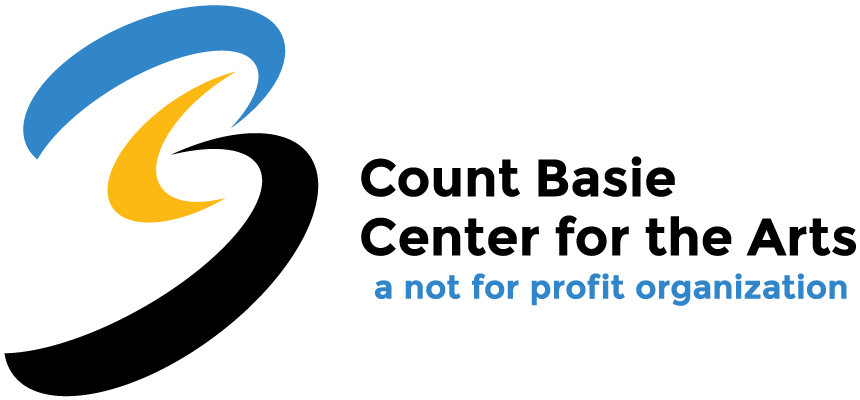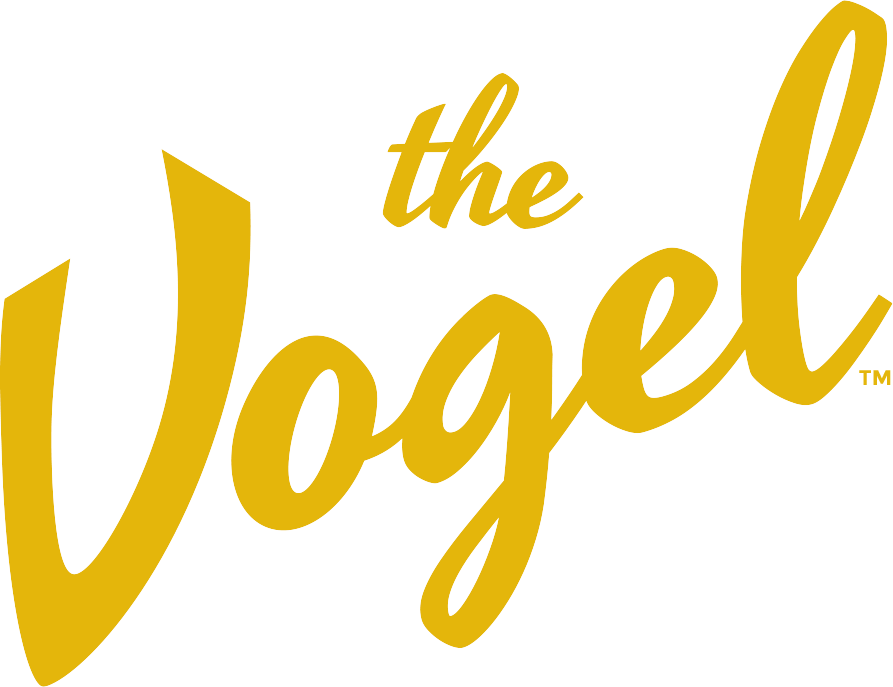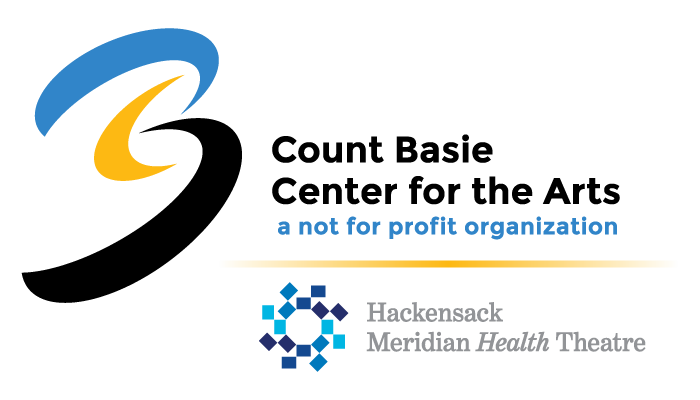NJ author George M. Johnson heads ‘Critical Conversation’ series at the Count Basie Center
NYT BESTSELLING AUTHOR OF ‘ALL BOYS AREN’T BLUE,’ ONE OF THE NATION’S MOST CENSORED TITLES
IN SCHOOLS, TO LEAD IN DISCUSSION ON BOOK BANNING AND FREEDOM OF EXPRESSION
***
COMPANION TEEN WRITING COMPETITION SET WITH PROJECT WRITE NOW
(RED BANK – FEBRUARY 2) The nonprofit Count Basie Center for the Arts has announced the latest installment in its Critical Conservation series, featuring New Jersey author George M. Johnson and a discussion on book bans and other efforts to stifle freedom of expression.
Critical Conversation: Book Banning and the Freedom of Expression takes place on Saturday evening, March 23 at The Vogel, located on the Basie Center campus at 99 Monmouth Street in Red Bank. Tickets, priced at $20, are available now through theBASIE.org and the Basie Center box office. $10 student tickets are also available with proper ID exclusively through the box office location.
The evening will be hosted and moderated by Jonathan Friedman, Director of Free Expression and Education Programs at PEN America, the nonprofit organization which stands at the intersection of literature and human rights to protect free expression in the United States and worldwide as part of the PEN International network.

“Hosting critical conversations to discuss important social issues is part of our mission,” said Adam Philipson, President and CEO, Count Basie Center for the Arts. “Using our venues and spaces to host forums for expression and evaluation of current issues affecting our society is the Basie’s commitment to bettering the community as a whole.”
Johnson is the author of the New York Times bestseller All Boys Aren’t Blue, a “memoir-manifesto” chronicling their youth as a queer black man growing up in Plainfield, NJ and Virginia. In 2022, a group called Citizens Defending Education sparked national headlines by calling for Johnson’s book and two others to be banned from the public library in Glen Ridge, NJ. After a library director reviewed the titles and refused to remove them from shelves, an opposition group – Glen Ridge United Against Book Bans – was formed, leading to a headline grabbing forum of more than 1,000 persons attending the original citizen’s group’s appeal. The books ultimately remained available.
Tina Marie Doody, Director of the Glen Ridge Public Library, will also speak at the event, along with Dr. Zaneta Rego-Craft, Director of Monmouth University’s Intercultural Center and Advisor to the President for Diversity and Inclusion.
In a 2022 NPR Morning Edition interview, the broadcaster cited All Boys Aren’t Blue as one of the country’s most banned books, noting that 29 districts nationwide have removed the book, citing its LGBTQ and sexual content.
“Any time you write a book where you write about your truth, there are going to be people who want to silence that truth,” Johnson told Morning Edition‘s Leila Fadel.
Critical Conversation: Book Banning and the Freedom of Expression will also feature area librarians and educators discussing the chilling effect of censorship in schools and other public outlets, as well as the opportunity to purchase various books banned at schools and libraries nationwide.
A companion teen writing contest, conducted by the Red Bank literacy nonprofit Project Write Now, will also be featured. The contest is open to entries of poetry and prose scribed by students in two age groups – 12-14 and 15-18 – and inspired by the theme of freedom. Winning entries will also be placed into Project Write Now’s annual Voice & Verse Writing Contest, while prizes of $500, $300 and $200 will be awarded to the top three essayists, respectively. For more information, click here.
“As part of our advocacy of the performing arts, it’s important we shed light on efforts to exclude or censor all art forms,” said Adriana Gomez, Director of Community Relations, Count Basie Center for the Arts. “This evening will be an exploration of not only efforts to ban works of art, but what society can do to encourage the freedom of expression in our schools, our communities and beyond.”






